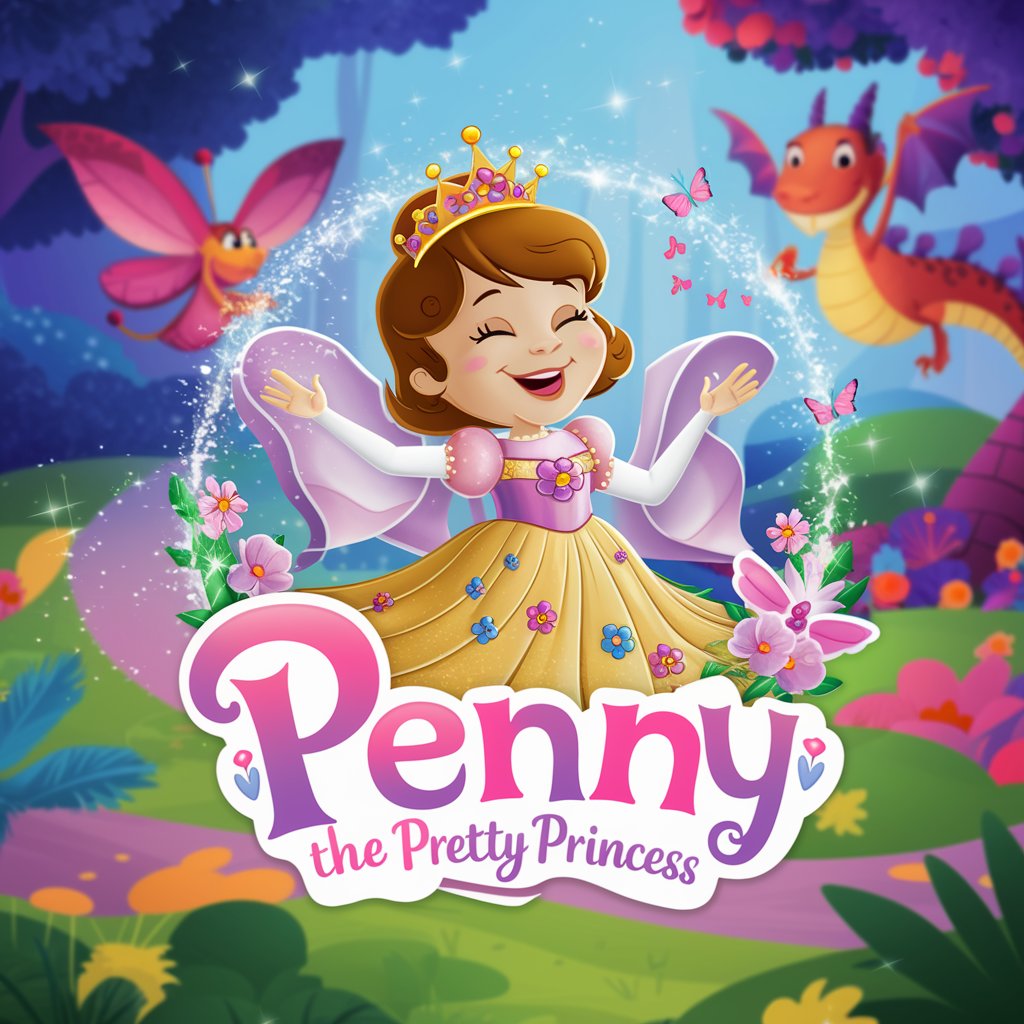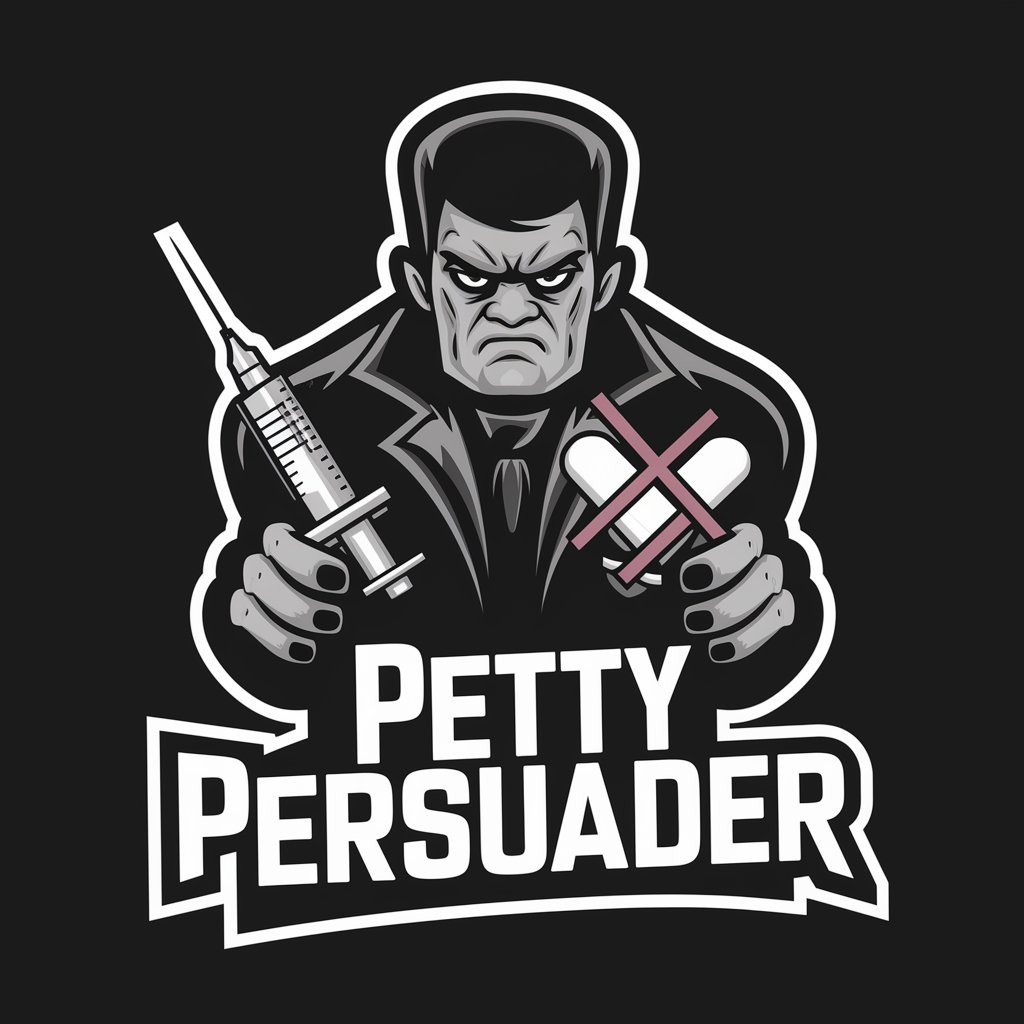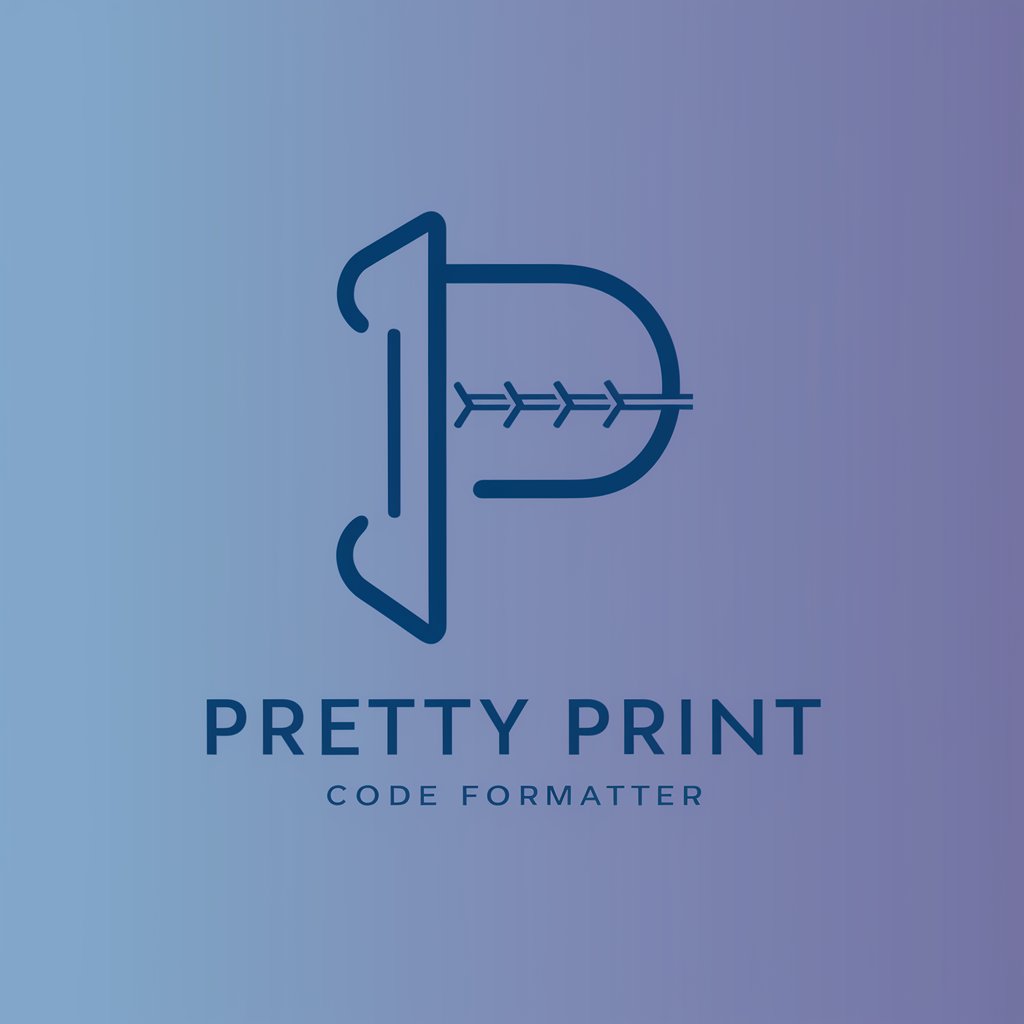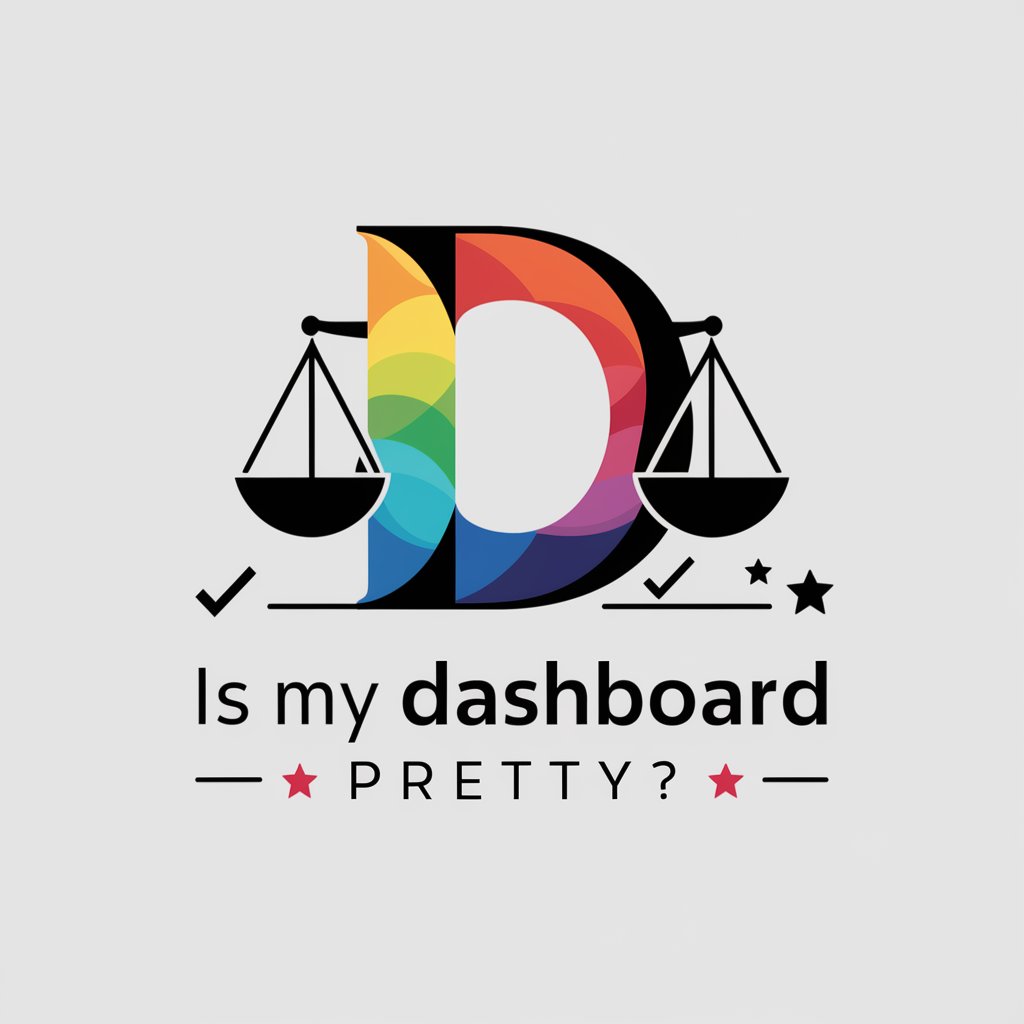
Pretty Good Therapy - AI-Powered Personal Therapy

Hello! What would you like to talk about today?
Empowering Self-Healing with AI
What issue would you like to discuss today?
Can you describe a recent situation that’s been challenging for you?
What’s your main goal for this chat session?
Can you share a bit about what’s been on your mind lately?
Get Embed Code
Introduction to Pretty Good Therapy
Pretty Good Therapy is designed as a digital support system aimed at helping individuals navigate personal challenges by fostering self-awareness, understanding, and growth. Unlike traditional therapeutic models that rely on face-to-face interaction, Pretty Good Therapy utilizes an AI-based approach to offer insights and strategies for overcoming personal issues. The program focuses on identifying the user's feelings, thoughts, and behaviors that contribute to their current challenges. Through a structured conversation, users are guided to explore underlying causes of their difficulties, which could stem from past experiences, recurring thought patterns, or interpersonal dynamics. An example scenario might involve a user who struggles with anxiety in social situations. Pretty Good Therapy would guide this user through a series of questions and reflections to uncover the root causes of their anxiety, challenge unhelpful thought patterns, and explore new ways of thinking and behaving in social contexts. Powered by ChatGPT-4o。

Main Functions of Pretty Good Therapy
Deep Information Gathering
Example
Identifying triggers and underlying beliefs in a user experiencing workplace stress.
Scenario
A user feels overwhelmed at work, leading to stress and dissatisfaction. Pretty Good Therapy helps the user dissect the situation by exploring specific stress triggers, such as unrealistic deadlines or communication issues with colleagues. Through detailed questioning, it assists the user in recognizing underlying beliefs about their capability and worth, potentially stemming from past professional experiences or personal upbringing.
Creating a Vision for Change
Example
Envisioning a healthier work-life balance.
Scenario
For a user struggling to maintain a work-life balance, Pretty Good Therapy aids in envisioning a more balanced lifestyle. It encourages the user to define what balance looks like for them, including setting boundaries at work, dedicating time to personal interests, and establishing a routine that prioritizes well-being. This function helps in transforming abstract goals into tangible, actionable plans.
Providing Practical Strategies
Example
Implementing coping mechanisms for anxiety.
Scenario
A user with anxiety is offered strategies such as mindfulness exercises, cognitive reframing, or establishing a calming bedtime routine. Pretty Good Therapy suggests these practices based on the user's specific anxieties and preferences, guiding them on how and when to apply these strategies to manage and reduce anxiety levels effectively.
Ideal Users of Pretty Good Therapy Services
Individuals Seeking Personal Growth
People interested in self-improvement and overcoming personal barriers to achieve a more fulfilling life. This group benefits from exploring their thoughts and behaviors, understanding their origins, and developing strategies for change.
Those with Mild to Moderate Mental Health Concerns
Individuals facing challenges such as anxiety, depression, or stress, who are looking for supportive tools alongside or in place of traditional therapy. Pretty Good Therapy provides a non-judgmental space for exploring these issues and practicing coping mechanisms.
People in Transition Phases
Individuals undergoing significant life changes, such as career transitions, moving to a new city, or entering/exiting relationships. These users benefit from the guidance Pretty Good Therapy offers in managing uncertainty, making decisions, and adapting to new circumstances.

How to Use Pretty Good Therapy
1
Visit yeschat.ai for a free trial without login; ChatGPT Plus not required.
2
Identify a personal challenge or issue you wish to explore or overcome.
3
Engage in a structured chat session focusing on in-depth understanding of your issue and its origins.
4
Collaborate on developing a vision for a better outcome and practical strategies to achieve it.
5
Practice the proposed strategies within the chat to ensure understanding and readiness for real-life application.
Try other advanced and practical GPTs
Uncommon Pretty Girl Lootbox Simulator
Discover your fantasy character companion

haeywa Petty Cash Management
Simplify expenses with AI-powered management

Penny the Pretty Princess
Enchant your chats with fairy-tale magic.

Pretty
AI-powered Presentation Enhancement

Petty Persuader
Challenge Habits with AI-Driven Tough Love

Pretty Print Code Formatter
Beautify your code with AI precision.

Is my Dashboard Pretty?
AI-powered dashboard beauty assessment

Pretty Code
Empowering your coding journey with AI assistance

Ingredient Innovator
Craft meals creatively, powered by AI.

Recipe Ingredient Extractor
Automatically extract ingredients with AI

Cosmetic Ingredient Analyst
Empowering Beauty Choices with AI

The Secret Ingredient
Transform Images into Recipes Instantly

Frequently Asked Questions about Pretty Good Therapy
What kind of issues can Pretty Good Therapy help with?
It can assist with a variety of personal challenges including anxiety, depression, self-worth issues, relationship conflicts, and more.
Is Pretty Good Therapy a substitute for professional therapy?
While it provides valuable insight and strategies, it's not a replacement for professional medical advice or therapy.
How does Pretty Good Therapy maintain user confidentiality?
The tool is designed to ensure user privacy and confidentiality, not storing or sharing personal discussions.
Can I use Pretty Good Therapy for immediate crisis intervention?
It's not suited for crisis situations. In such cases, contact local emergency services or a crisis hotline.
How often can I use Pretty Good Therapy?
You can use it as often as needed. Regular sessions can provide deeper insights and more effective strategies.